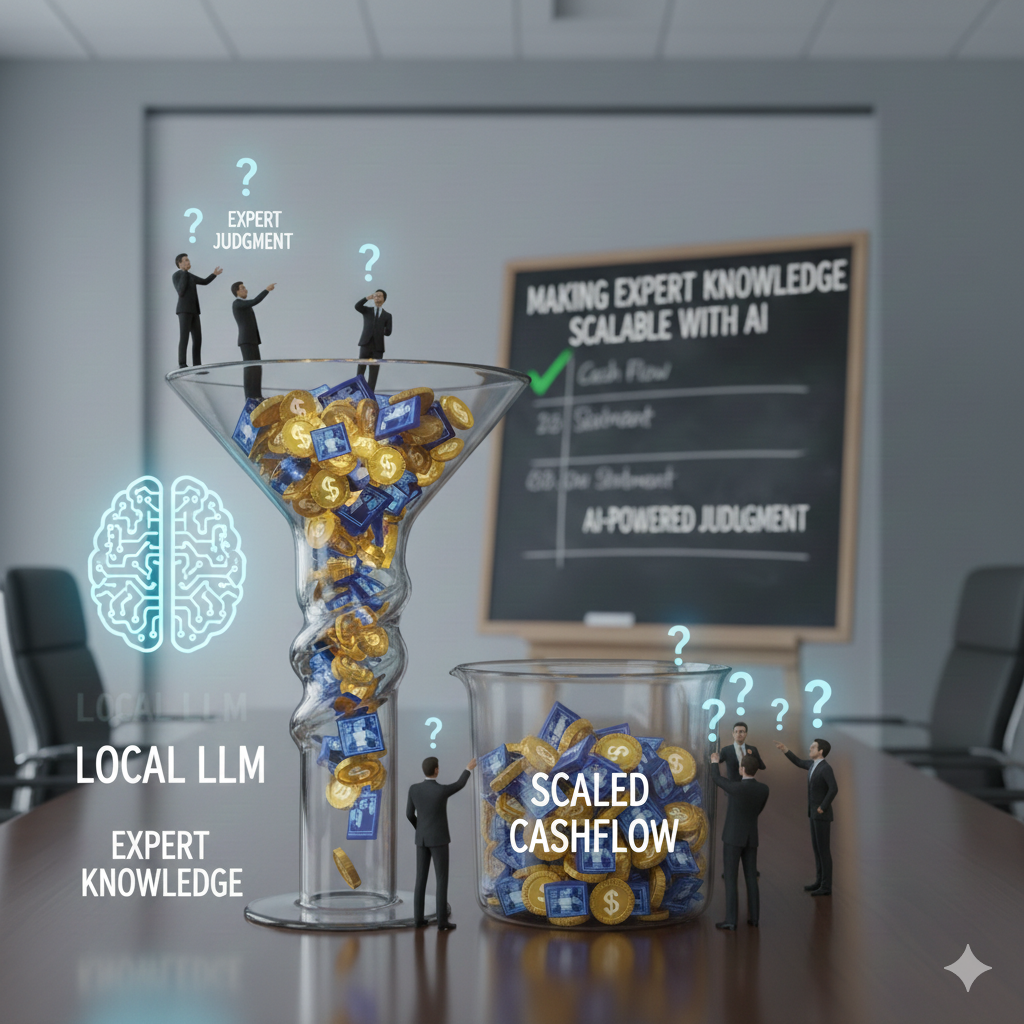Emotional Intelligence (EI) is now widely recognized as essential in personal and professional settings for improving self-awareness, effective communication, inter-personnel skills, stress management and conflict resolution. EI is essential for leaders to be effective in inspiring & motivating their teams.
Over the years, as a performance coach for individuals and teams, I have been a student of EI as well as an assistant to people to improve their EI for better performance at work. In this article, I am sharing my musings from the journey with the hope that it would help you as well as individuals and coaches.
Firstly, before diving in. if you need a quick refresher on EI, I recommend an excellent short introductory video by Daniel Goleman.
The long history of EI
EI’s history spans a hundred years. Yes, you read that right – a century! The notion that intelligence is not just about cognitive intelligence came about in the 1920’s. Work by Edward Thorndike and David Wechsler both psychologists, brought out the fact that there are many varieties of intelligence other than cognitive intelligence. Wayne Payne’s doctoral dissertation A Study of Emotion: Developing Emotional Intelligence was one of the first formal uses of the term “emotional intelligence.” That was in 1985.
Many of us associate EI largely with Daniel Goleman and the sizeable literature and training programs created by him since the 1990’s. While his contribution to popularizing EI is significant without a doubt, the origins of EI go back much further as you can see from the above.
In 2007, Google engineer Chade-Meng Tan developed the program Search Inside Yourself covering Mindfulness and Emotional Intelligence. Initially, the program was for internal use for employee well-being and performance. It was hugely successful and in 2012 was offered to the world outside Google through the Search Inside Yourself Leadership Institute (SIYLI). With such a big brand behind it, EI’s reach increased by leaps and bounds.
Improving one’s EI: a long journey
EI and its measure EQ (Emotional Quotient) are not like IQ which is something that cannot be improved over an adult’s life span. In contrast, EI can be learnt and EQ can be improved. While that is true, I would add my own qualifiers as to the time that it takes. Let’s see why. There are five components of EI:
- Self-awareness
- Self-Regulation
- Motivation
- Empathy
- Social Skills
Among the five above, the first component, self-awareness is pretty much foundational. Self-awareness is:
- Recognizing and understanding your own emotions
- Knowing how your emotions affect your thoughts, behaviours, and interactions
- Being aware of your strengths and limitations
Self-awareness serves as the starting point for the other components. Without understanding your own emotional patterns, it becomes challenging to regulate your responses, empathize with others, or communicate effectively.
And developing a degree of self-awareness takes time and practice. Some would say, it is a life-long journey. Indeed, EI itself is life-long learning due to evolving life & work circumstances, changes in relationships and one’s own growth.
Many times, while I am patting myself on the back for progress made in my EI, something changes in me and/or around me and I feel I have regressed a bit. I have had to go back to basics and introspect to see how to address the slippage – very often due to inadequate Self-Awareness in my case.
I must make a note that improved Self-Awareness alone does not make Self-Regulation, Motivation, Empathy and Social Skills pieces of cake. Self-Awareness is a very big and important starting point but the other four components do come with their own challenges as well – even for people with a good degree of Self-Awareness. How so? Do stay tuned for another article on that.
EI: Introverts need not apply?
Among the five components of EI above, a vital one is Social Skills.
As an introvert, this used to bother me a bit. I am not a very social animal and not comfortable with interacting with people in social settings. So, am I inherently constrained in developing EI? I am glad to say NO. Neither the literature nor my personal experience supports that view. But I do admit that I am myself not a straight A student in Social Skills even with improved Self-Awareness – maybe an honourable B+ as of now!
In fact, there are findings that introverts may actually have an advantage in certain aspects of EI. For example, introverts tend to self-reflect more and that helps in better self-awareness, key for EI; introverts often listen more than talk enabling them to pick up emotional cues from others; they are more thoughtful and less impulsive; they bring a calming presence to emotionally charged situations, important in managing group dynamics.
Ok, so we all introverts qualify and there is no EI glass ceiling for us!
Ongoing evolution of EI
Over the years, I see EI continuing to be enriched in many diverse ways and by many contributors from different fields. For example, neuroscientists have gotten involved in EI-related research in a big way. Their work has linked EI to brain activity in the pre-fontal cortex & amygdala; the brain has been proven to be neuroplastic; that is, it creates new pathways of neurons arising from meditative practices that are central to improving self-awareness. In other words, you can actually physically train your brain with your thoughts!
More developments are progressing as we speak. Here are a few:
- In keeping with the times, AI has entered the fray! There now AI tools to recognize and respond to human emotions. Tools may enable a more empathetic remote customer support for example
- There is now talk of Emotional Agility to understand and navigate emotions faster focusing on adaptability in the face of rapid change
- Organizations are focusing on Mental Health of associates and leaders and how EI may help
- Given diverse and multi-cultural & multi-location work forces, Cultural & Social Intelligence are becoming increasingly important, extending traditional EI
There are many more such developments & trends to explore with scope for follow-on articles.
Meanwhile, hope you found this article useful. Please do share your perspectives on the EI journey for yourself and the individuals you may be coaching.




